Meet Marsha Jones | Co-Founder and Executive Director of The Afiya Center
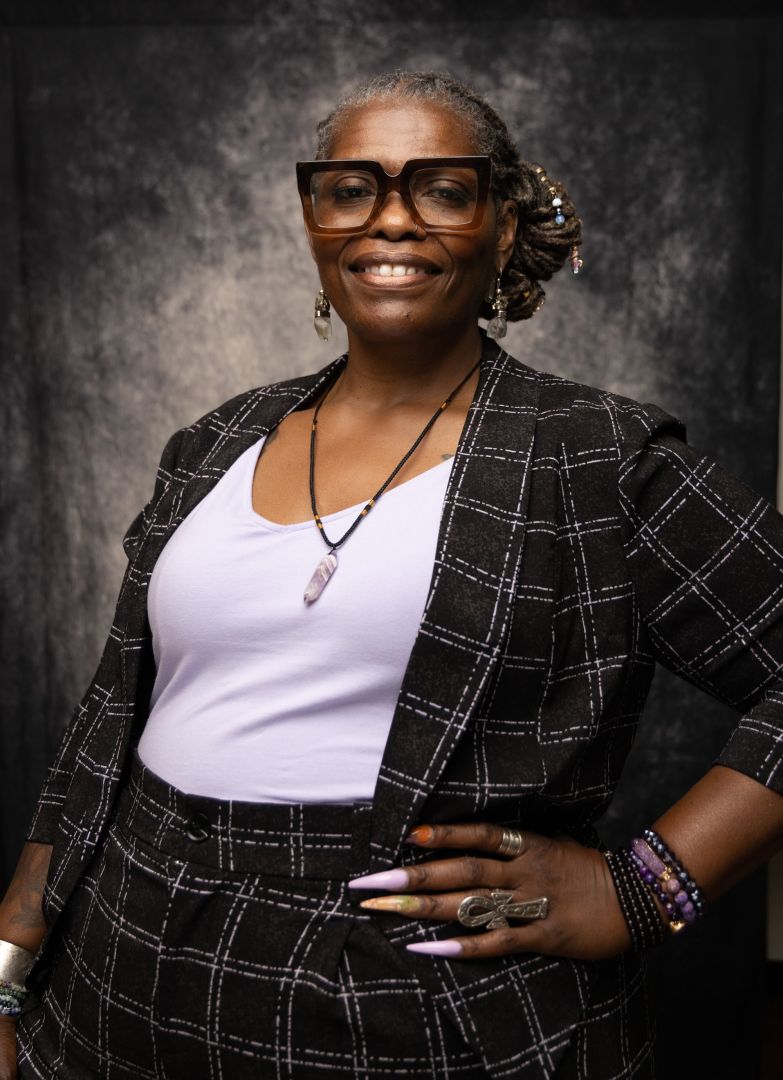

We had the good fortune of connecting with Marsha Jones and we’ve shared our conversation below.
Hi Marsha, what inspires you?
I am inspired by the community that surrounds me. As someone born and raised in the DFW area, I have witnessed what it looks like to call a place home that has historically failed its most vulnerable communities. This was my motivation to actively bring awareness and advocate for better systems serving Black womxn. I started The Afiya Center, a Reproductive Justice organization to address the disproportionate burden of disease experienced among Black womxn, girls and gender-expansive people due to systems of oppression intersecting at race, class, and gender. I noticed these disparities for far too long and wanted to find a way to let Texans know they do not have to fight these things alone. From this, we created programs to help those impacted by HIV/AIDS, providing rental assistance for womxn living with HIV, community education initiatives, providing doula services and creating a birth and wellness center and a perinatal safe spot. We also advocate every day for full access to reproductive care. Restrictive policies are a danger to our community. Black womxn, girls, gender-expansive people and their families are paying the highest price.
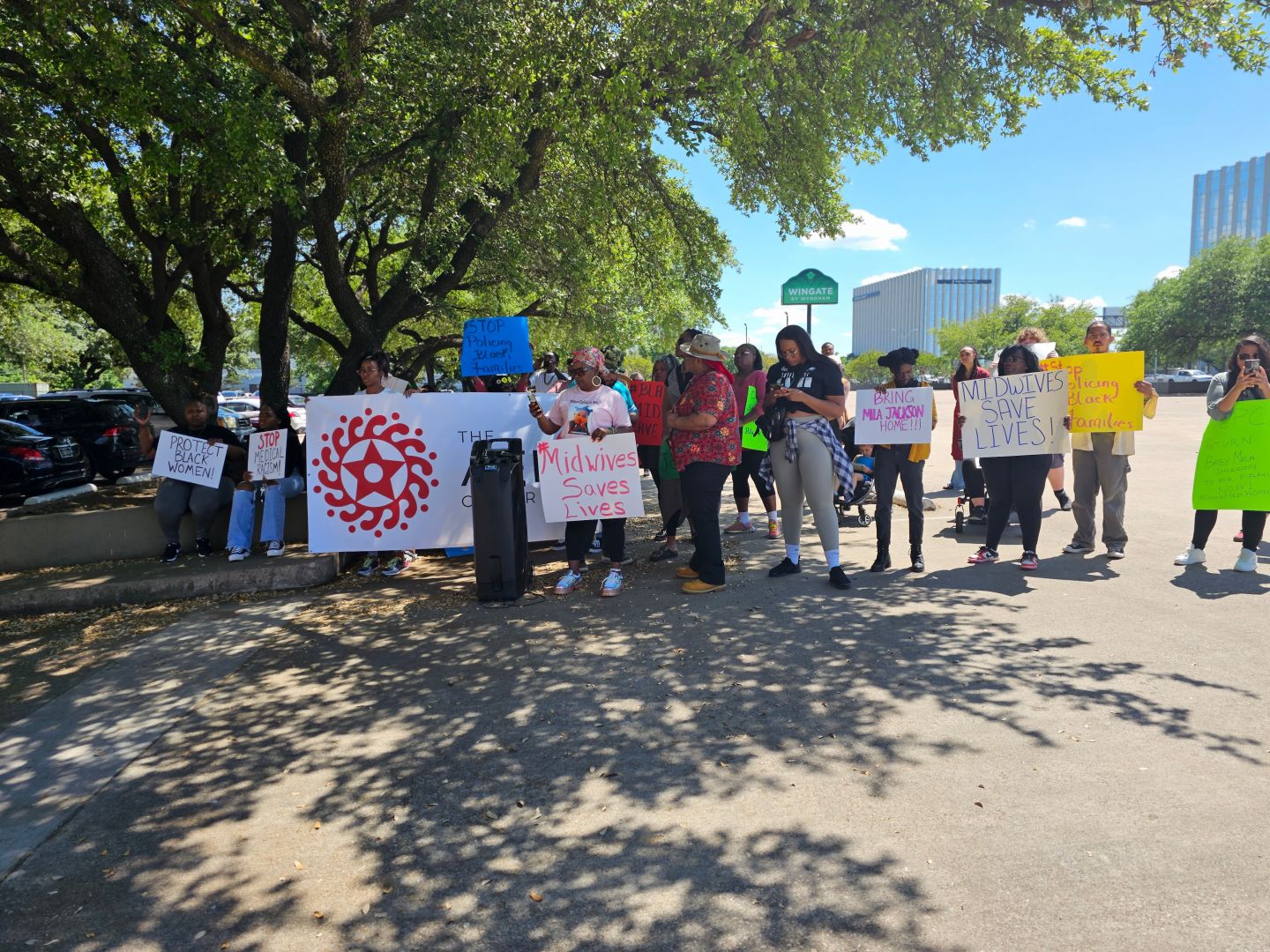
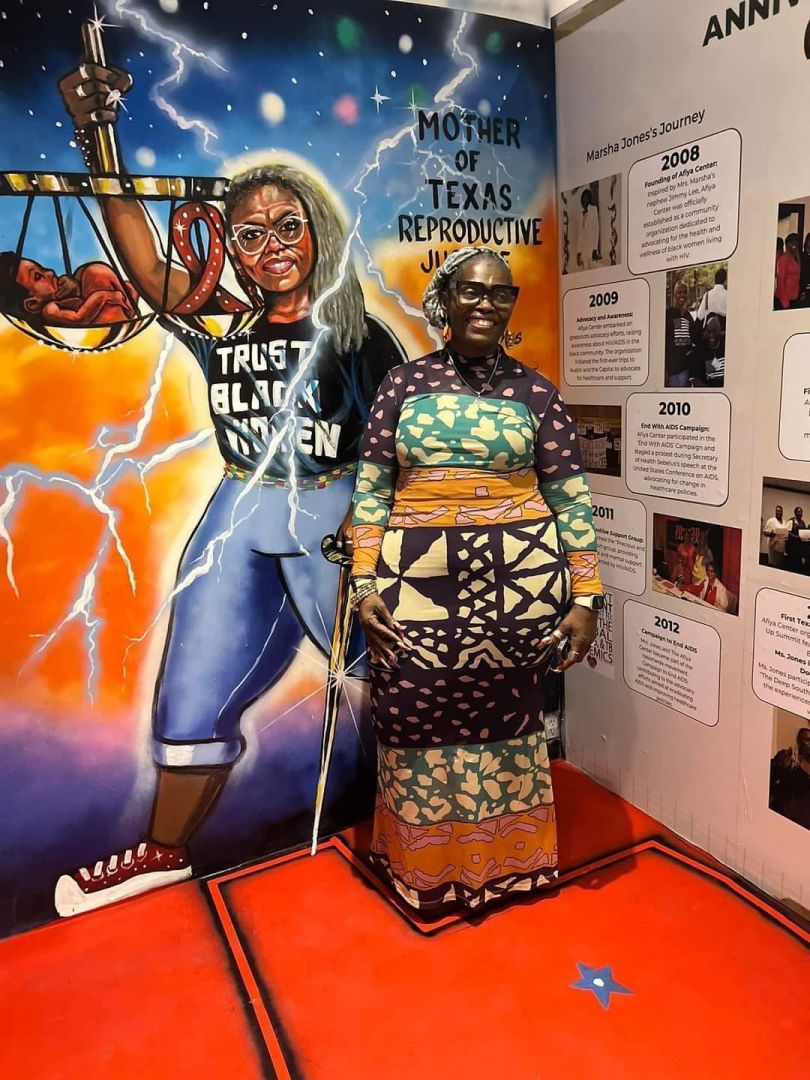
Let’s talk shop? Tell us more about your career, what can you share with our community?
We are the only reproductive justice organization in North Texas founded and directed by Black womxn. We established the center as a response to the increasing disparities between HIV incidences worldwide and the extraordinary prevalence of HIV among Black womxn and girls in Texas. From this, we have expanded our work from abortion access to addressing the maternal mortality crisis. We work to transform the lives, health, and overall well-being of Black womxn and girls by providing refuge, education, and resources. We’ve developed programs that work with Black womxn and allies in Dallas around the abortion movement and created safe spaces for Black cisgender and transgender womxn and non-binary people living with HIV. We often say here at The Afiya Center, we are the people we serve. I see myself in every woman that walks through our doors. While I am not a woman living with HIV, I too have experienced the denial of my basic human rights to affordable housing, access to healthcare, and the opportunity to raise my children in environmentally safe neighborhoods.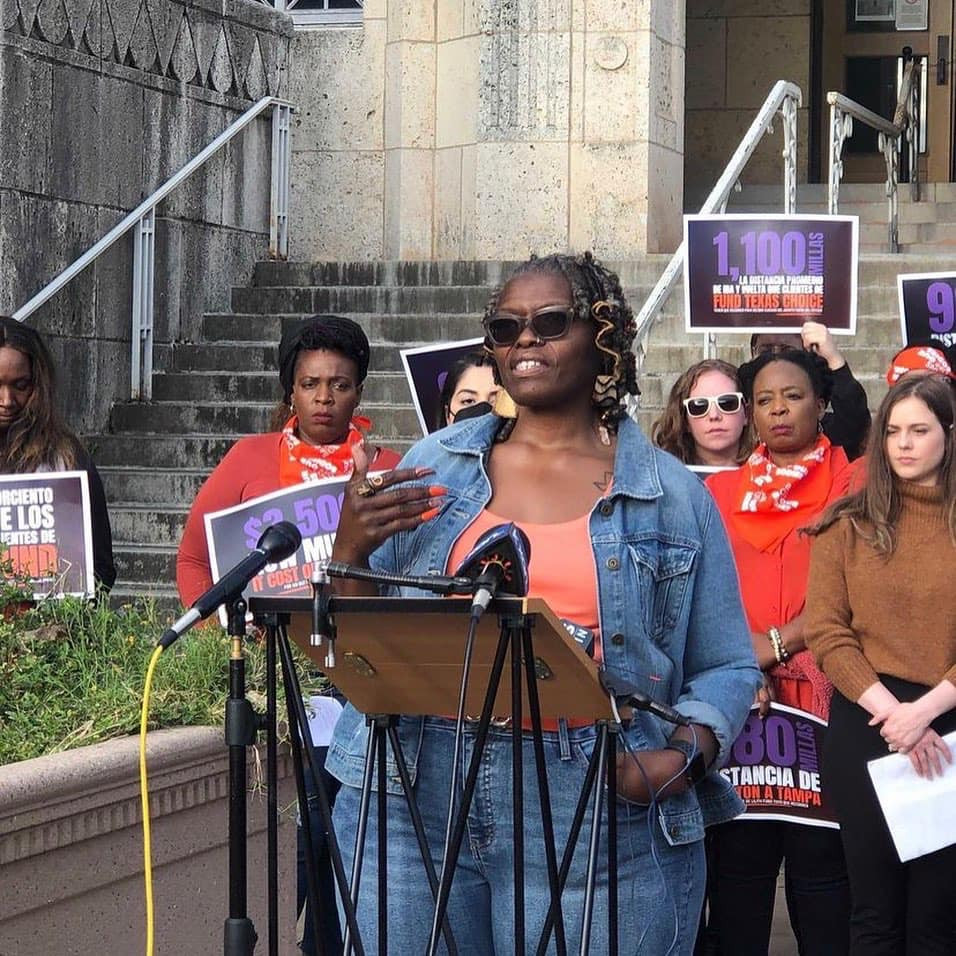
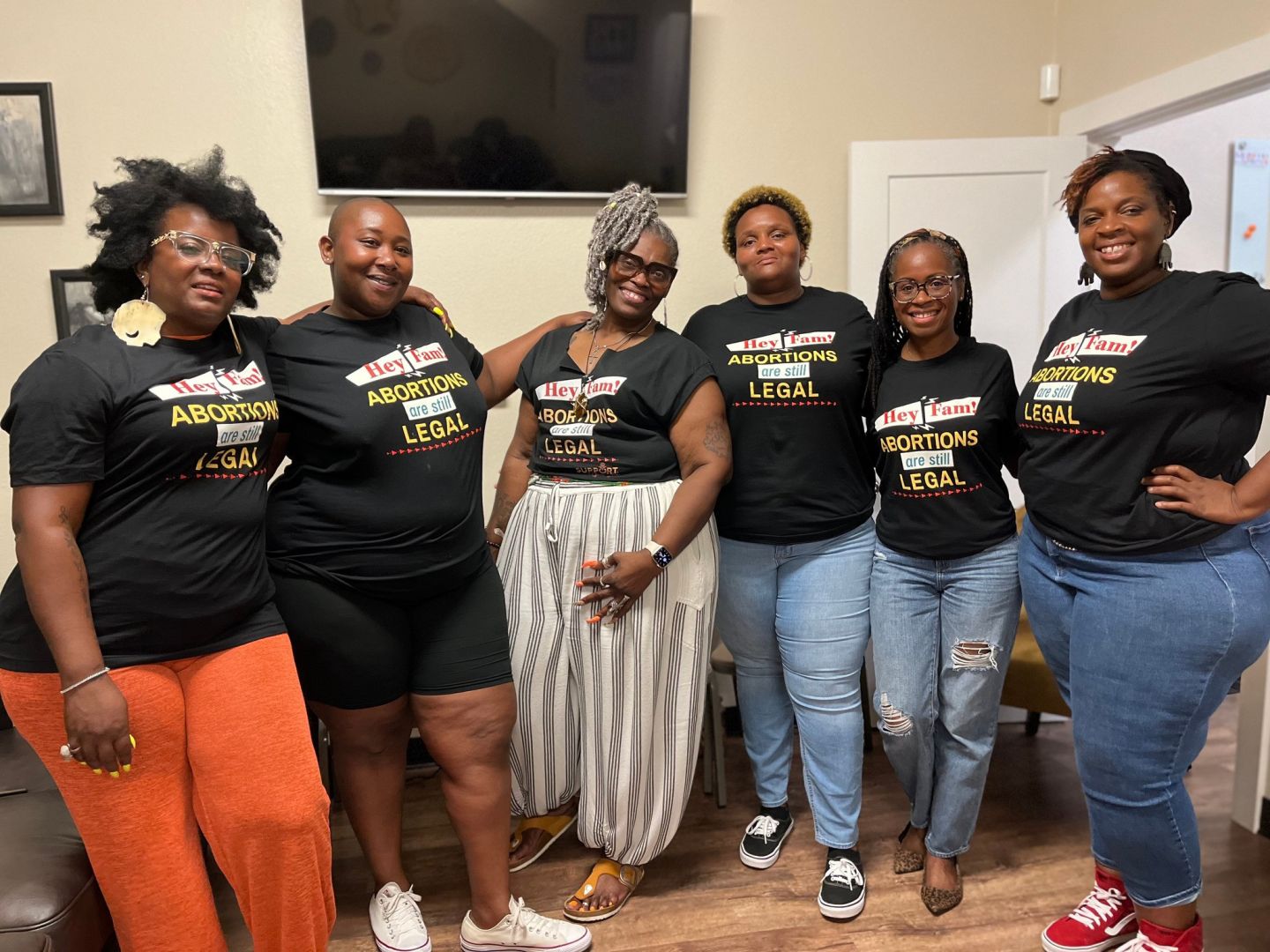
Let’s say your best friend was visiting the area and you wanted to show them the best time ever. Where would you take them? Give us a little itinerary – say it was a week long trip, where would you eat, drink, visit, hang out, etc.
I frequently visit spaces in the southern sector of Dallas, such as Red Bird Mall, where The Afiya Center is located. This area, known for its rich diversity in terms of race, economy, and gender, serves as a nexus in the southern sector. The surrounding neighborhood is home to many of my favorite places. It offers much, while at the same time so much is needed. It is a neighborhood full of activism and advocacy. When we hold events, restaurants and residents of the area always show up to support us. For example, our community testing event, “Get Tested Grab a Bite” is supported by local food vendors and other community organizations that also center Black womxn. It was created to allow people to update their HIV and STD health status while also helping people to learn about the different ways they can receive treatment. It is a close tight community and everyone in the area is always looking out to help one another.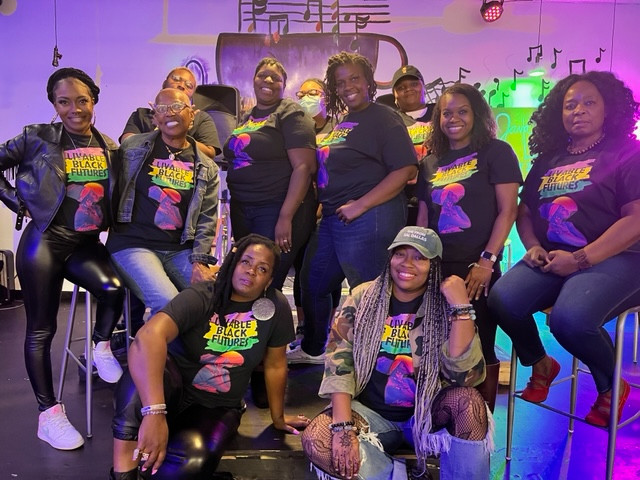
Who else deserves some credit and recognition?
I want to recognize the midwives and doulas that we work with and those part of the Southern Roots Doula Collective. We have worked with this network for years to help support new parents and their babies through every step of the birth journey. From creating a birthing plan to postpartum wellness checks, our doulas are committed to helping Black families bring new life into the world with compassion. Since the implementation of SB8 and the overturning of Roe, people were not able to receive abortion care. Many of those who could not travel out of state to get care had to move forward with their pregnancies. This is when many of the doulas and midwives we worked with saw an uptick in patients. The high-risk factor for pregnancy-related illness and mortality rates, coupled with an environment where there are also restrictions on reproductive care drove more people in need through our doors. The doula collective we work with has been nonstop in helping Dallas residents work through any pregnancy-related issues or questions they may have. They play a major role in the birthing process, and their services provide a range of benefits like fewer c-sections, less anxiety and depression for pregnant people, shorter time in labor and more. While we continue to provide these services for those who need them, this is something that everyone should have access to. Without the role doulas and midwives play, the already severe maternal mortality crisis in the state, which Black womxn are greatly impacted by, could be much worse.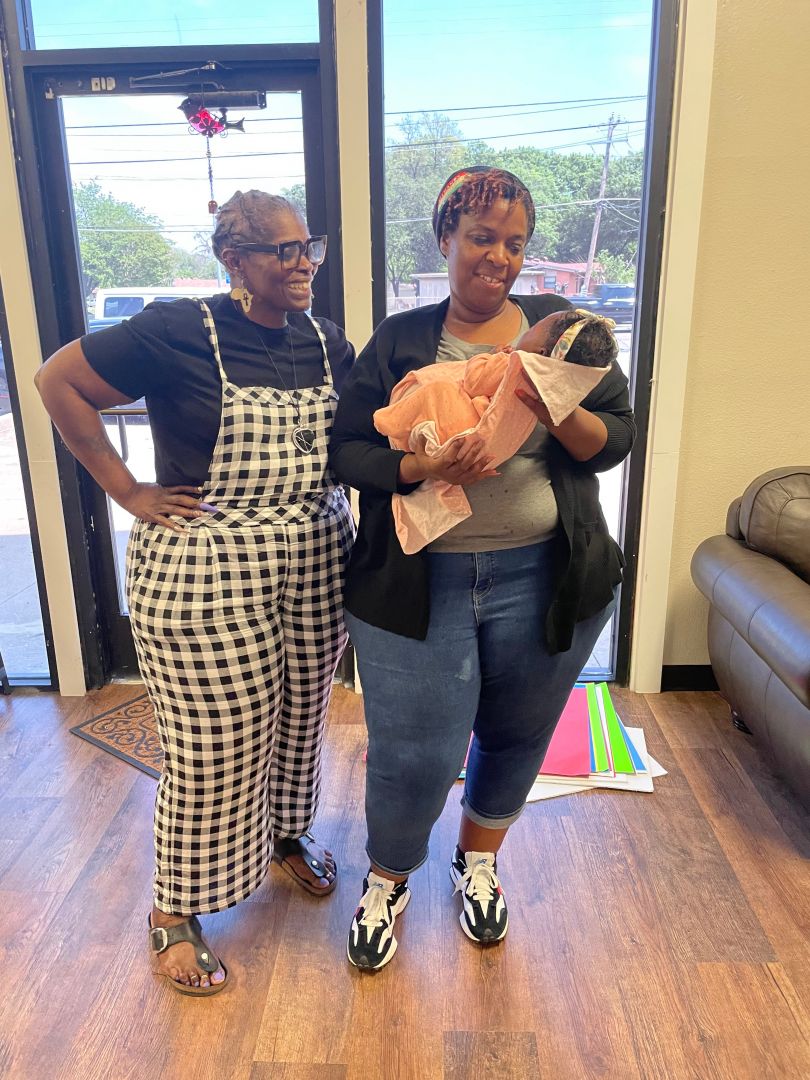
Website: www.theafiyacenter.org
Instagram: @theafiyacenter
Linkedin: https://www.linkedin.com/company/theafiyacenter
Twitter: @TheAfiyaCenter
Facebook: https://www.facebook.com/theafiyacenter
